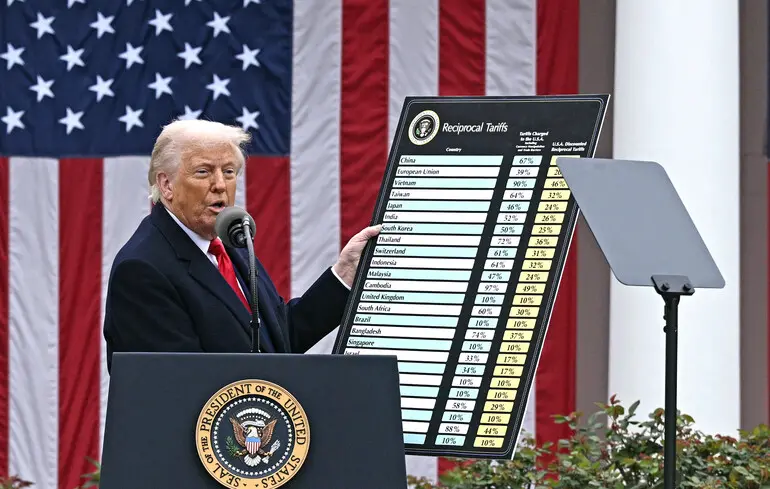Silence of U.S. Business Elites on Trump’s Policies: Hidden Opinions of Top Corporate Leaders

While executives of major American companies publicly refrain from criticizing Donald Trump’s political approach, private conversations and recent survey results reveal a different story.
According to research conducted by the Yale School of Management, many influential business leaders believe that a series of policy decisions by the current administration have adversely affected their companies and may even border on illegality.
This starkly contrasts with their quiet public stance, driven by fears of repercussions.
In a survey involving 70 top managers from leading U.S.
corporations, including Mary Barra of GM, Albert Bourla of Pfizer, and Greg Brown of Motorola Solutions, several troubling trends emerged.
Specifically, 71% of respondents believe that tariffs significantly harm their business, while over 74% support the courts’ rulings that deemed the tariffs illegal.
Additionally, 80% think that Trump’s pressure on the Federal Reserve undermines national interests by trying to lower interest rates.
Furthermore, 76% expressed concern over the influence of Health Secretary Robert Kennedy Jr.
on the U.S.
healthcare system.
Just days before this meeting, the White House announced a new $100,000 visa fee for H-1B visas, which leading tech companies use to attract international talent—a surprising move unveiled on September 19.
The business community, long supporting the Republican Party, is cautiously voicing concerns, fearing marginalization by the administration.
Experts suggest this reticence stems from ongoing internal conflicts between the desire for stability and the risks to reputation or business interests.
Although during Trump’s first term many corporations openly voiced dissatisfaction—particularly over immigration policies—the current period is characterized by a deeper silence and caution.
According to Yale professor Jeffrey Sonnenfeld, this shift is primarily due to fears of being sidelined and losing access to government resources.
Behind this silence, a fierce contest for influence continues in the U.S., with many stakeholders watching closely to shape the economic future of the nation.

